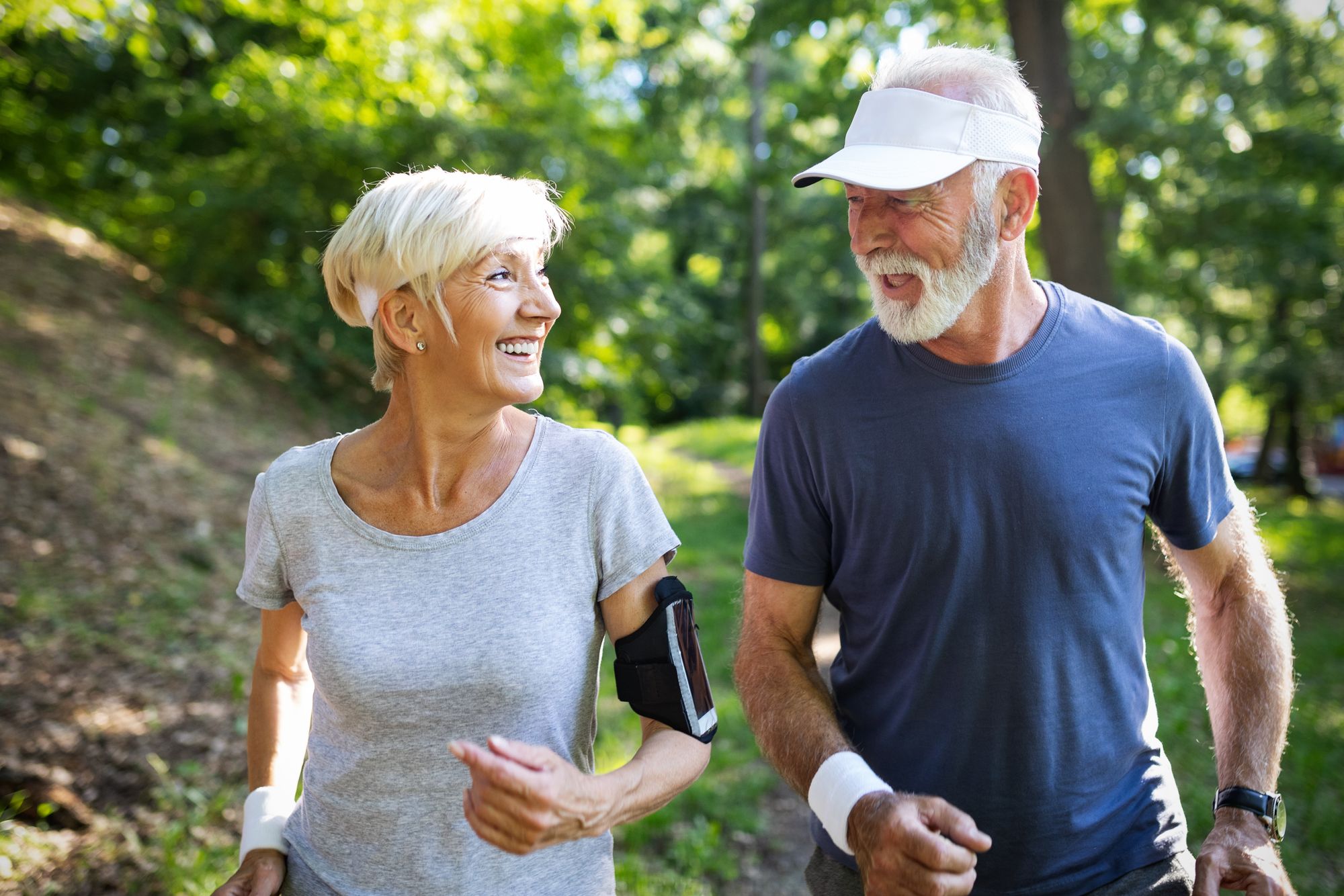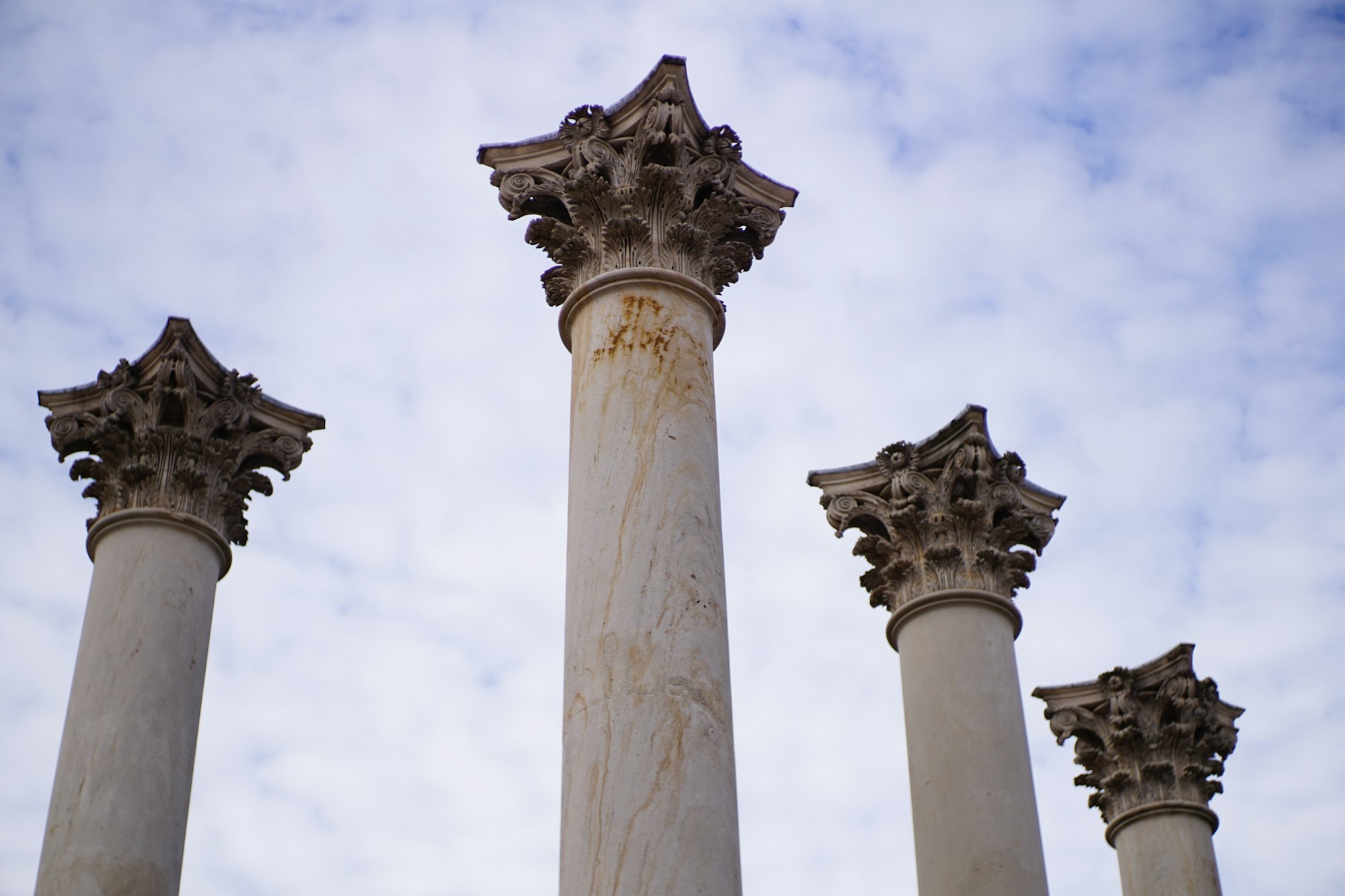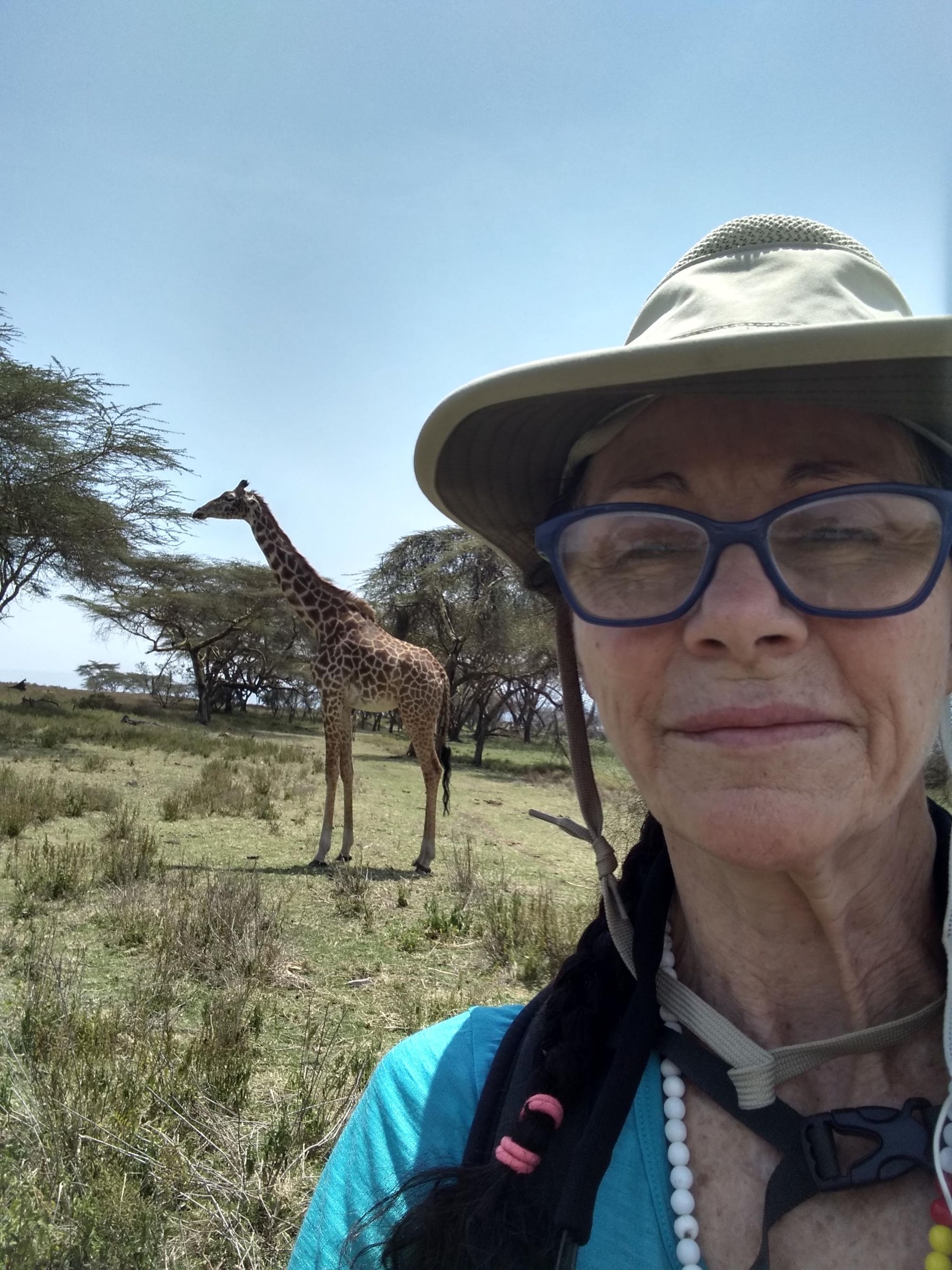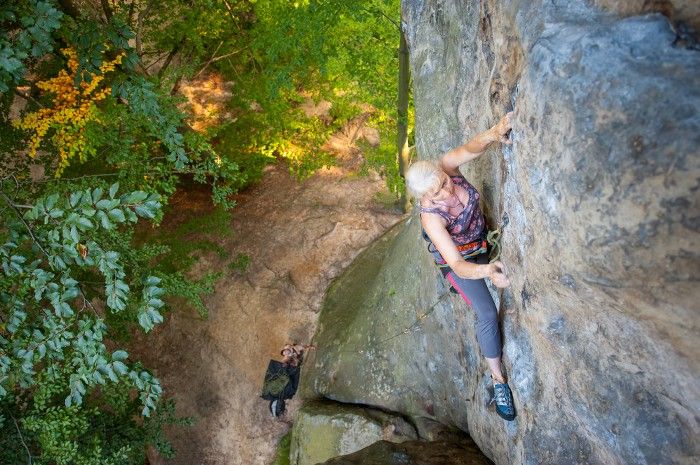
A reader's comment meant as a compliment sparks anger and defensiveness. Let's explore why.
A reader referred to me as being in old age the other day. It was a compliment, in context, but boy did I have a reaction. In this article I'm going to explore the rise of that lava of resistance and look at how those words are so powerful.
Post quarantine I see so many people, including a gymnast the other night at a party, who complain about being old at 31. This horrifies me, for a variety of reasons. At this end of my life at 68 I am insulted to be called old, yet people a third my age or so are horrified at becoming thirty. What happened to us?
Let's talk.
In 2015, I was taking my mentor to lunch at the fantastic Vietnamese restaurant Chez Tui in Boulder, Colorado. It was a monthly ritual. By that time, Meg was 92. Slim and still mentally intense, this lifelong athlete had slowed down. We were walking alongside the restaurant. She was on the narrow sidewalk and I was on the outer side in case she toppled towards traffic.
She had a moment of balance difficulty. I reached out to steady her. She swatted away my hand in anger. It was one of the few times in our thirty-three years of friendship I was subject to her wrath. Knowing her as I did, I understood completely.
Who are you calling old?
I backed off, and she regained her composure. Barely a year later, she would fall, for she didn't like using a cane. She broke her hip, developed pneumonia and promptly died.
I was in Hurgadah, Egypt when she passed, riding a half-wild black Arabian stallion on the dunes. I was devastated to find out about Meg when I came back, but I also knew that Meg would have been proud of me for being where I was at 63. She was proud of me, just as I had been deeply proud of my association with her for so many years. She had taught me well. And she had gotten very, very old on my watch.
But only chronologically. She had continued to work out with a trainer. She ran, worked out three times a week to keep her body limber and strong. She taught me a great deal about aging well, aging strong. Finally her body had caught up with her. Her pride about having to use a cane, in my opinion, cost her several more years of life. Meg was a great reader, and she regularly consumed all kinds of information about how to keep the brain young and lively. She had done it all correctly. At the end, her body needed a touch more support than she was willing to give it. That was her choice. Still, she lived a full and active life for 93 years. I am not sure many of the rest of us will.
We are at a strange place in American society. On one hand, those who are old deny being old or elderly, the ultimate insult. On the other, people barely out of diapers claim to be old at 30 or 40 or 50, years I'd love to have back. Life is beating them down, they say.
Part of feeling old at thirty is absolutely true. One reason for this is how we live. It isn't just that quarantine clipped back what little activity we engaged in. Too many of us laid into the booze, the bad food and sat on couches for hours while our bodies curved into curlicues. Now we're having a hard time reinstating better habits.
We were already old by thirty in most cases. I wasn't, and still am not old by any measure, at 68. Not in the traditional sense of the word, anyway.
A few years back, some of you might recall that country music singer Toby Keith played golf with Clint Eastwood. One of the results was this music video, based on a comment that Eastwood made about how and why he keeps right on making movies long after most folks just give up:
Eastwood is 91, and he just made yet another movie. While you could argue that he's lucky to have access to good food and a personal trainer, the truth is that his attitude about aging likely has far more to do with his energy level and longevity than being rich and famous.
Don't let the old man in.
My online friend's implied compliment was a choice of words which got my dander up. Here's what she wrote:
You provide a sterling example of old age that doesn't have to be doddering, staying true to yourself, and not letting multiple sexual assaults define your life...
Who are you calling OLD, Sparky? Leapt out of my brainpan before I had a chance to pull the leash on it. I was curious about that, and am exploring it here. Not angry at her. But my reaction is worth considering.
Last night I had a good long discussion with a friend who is 71. A military lifer, Special Forces. He runs, bikes, swims, is as active as I am at 68. He and I both study nutrition, we read books, watch documentaries and are up to date on the latest. I write about it; we both live it.
Yesterday morning I got an email from a regular commenter on Medium. He was sharing his race results from a 38-mile race in my state. He came in 31st. He's 69.
As I increasingly see in my adventure travel world, people showing up on those trips are in worse shape, are appallingly unprepared and are a danger to themselves and others for those reasons.
Suffice it to say that my friends and I aren't "old," or worse, "elderly," which in popular culture is creeping younger every year. These days, a woman is old and invisible at 45.
Really, now.
It sells. Fear, negativity, terror, outrage, all used to terrify us to buy buy buy buy buy products that promise endless youth and anti-aging. Hell, even AARP won't use that word any more. It's bunkum. Because nothing holds back time. Plenty can hold back decrepitude and decay. That's the real message here.

Science has long proven that the four pillars around healthy aging absolutely, positively guarantee a better aging process:
- Movement, lots of it
- Good food, mostly plants, not too much of it
- Good friends- a positive support structure
- Have a purpose: at least enough to get the dog outside to pee.
Miss one leg of that four-legged support system and we wobble. And fall.
Science has proven over and again that what you and I believe about aging has a great deal to do with how we age. To that, when someone calls me "old," not only does that simply not compute, both my mental and physical ages are far, far younger than 68. I don't relate one bit to that number, which is regularly expressed in my willingness to do things like take up aerial silks. Lift, hike, run, take risks, stay active in all ways.

What I write in my articles about aging vibrantly, I do. Regularly. So does my military friend. We are both in ridiculous health, are happy and energetic and enthusiastic. Not foolish about where we are, but filling out the minutes, days and years with the kind of life affirmation that is available to all of us. We hit the gym, hit the trails, read, push ourselves, and really, really, really mind what we put into our bodies.
The other day I wrote an article which included a link to a story about a doctor who did an experiment on himself: spending thirty days eating nothing but ultra-processed foods. His body rebelled, he gained weight, had trouble having sex, was moody and angry, and he aged fully fifteen years in thirty days.
Here is that article:
From the article:
“1 gram of processed meat is about half a minute of your life lost”, Prof. Olivier Jolliet, one of the study’s authors explained to me. “In an average hotdog you have around 60 grams of processed meat, so you are losing about 27 minutes. Add another 10 minutes lost due to sodium and trans fat. You do gain 1 minute from the polyunsaturated fat, so as a whole, by eating one hotdog you lose 36 minutes of your life”.
Combine this with sitting, doomscrolling and all the other ugly, evil habits of our time which are widely normalized, is it any wonder that a 31-year-old person considers himself old? He probably already is, and dementia is setting up house in his brain.
From this standpoint, my military friend and I are, in fundamental ways, far younger than those half or less than our chronological ages. That's a travesty. Yet the ageism and age hate that arises from that younger cohort is appalling. Not my friend, quoted above, but younger folks in general, the people who were so eager to sacrifice us oldies to Covid. Well, look what happened. Comorbidities did the job, and a lot of healthier old folks did pretty well. Not all, on either end, but those who had a healthy baseline did better. Research bears me out on this.
My guess, and this is just a guess, is that they know they are declining young and fast. They know at a deep level that they are doing serious damage to their bodies and brains. They see those of us who are already well past sixty and realize they are already there, dressed up in smoother skin. For now.
Depression, anger, resentment, all those emotions which are normal but which have become a way of life age us fast. Optimism, hope, engagement all the aspects of a youthful attitude about life do wonders for the brain. We can form new neural pathways in our brains in so many ways. Brain scans show that many centegenarians have remarkably younger brains because of how they live their lives.
Those are choices.
We choose to be youthful. We choose not to be old and doddering and complaining. If anything my friends and I make fun of what ails us, and the inevitability of an aging body.
That keeps us youthful.
For what on earth is the point of a young body on the outside, and a rotting carcass of bitterness, envy, depression and defeat on the inside?
Who you calling old, Sparky? Not me. I'm not letting the old woman in.


Comments powered by Talkyard.